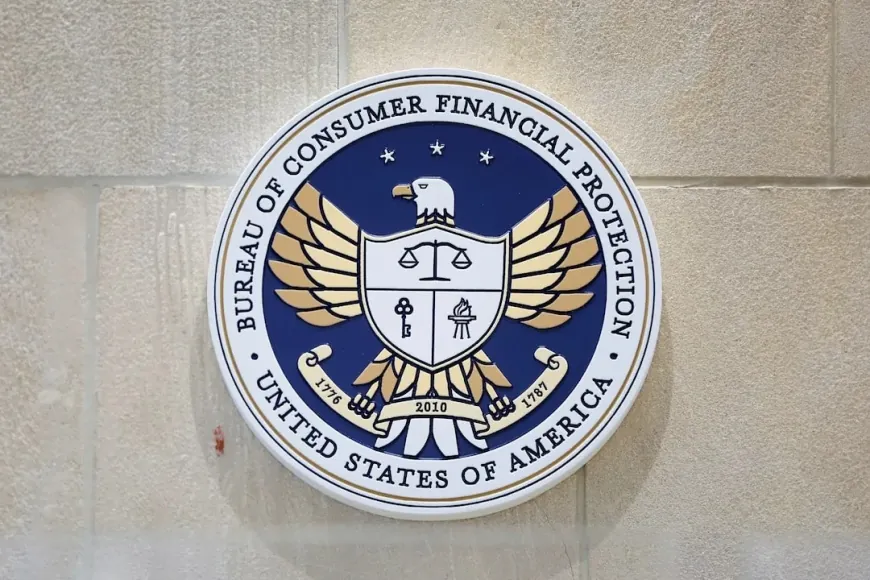CFPB Formally Ends Biden-Era Registry for Non-Bank Financial Offenders
The U.S. Consumer Financial Protection Bureau has repealed a Biden-era registry tracking non-bank financial offenders, citing redundancy and cost concerns. The decision aligns with President Trump’s push to reduce federal oversight in consumer finance.

Key Points
-
CFPB Ends Bad Actor RegistryThe U.S. Consumer Financial Protection Bureau officially repealed a Biden-era registry that tracked non-bank financial violators, citing limited benefits and cost inefficiency.
-
Registry Found RedundantOfficials said the database overlapped with existing multi-state systems and added unnecessary reporting layers for financial firms.
-
Small Compliance SavingsThe CFPB estimated about $360 in yearly savings per company by removing the duplicate registry requirements.
-
Medical Debt Rule ReversalA day earlier, the agency rescinded Biden-era guidance that backed states removing medical debts from credit reports.
-
Split ReactionFinancial industry groups welcomed the move, while consumer watchdogs warned it weakens transparency as non-bank lending grows.
The U.S. Consumer Financial Protection Bureau (CFPB) has officially withdrawn a rule that would have created a public database of non-bank financial firms with records of breaking consumer protection laws.
The repeal, announced Tuesday through a government notice, follows the Trump administration’s broader campaign to scale back financial regulations introduced under President Joe Biden.
The registry was designed to identify repeat offenders among non-bank lenders, mortgage firms, and debt collectors.
According to the CFPB’s filing, the system provided little additional public value because similar data is already tracked through existing multi-state regulatory databases. The agency added that eliminating the registry would save companies an average of $360 in compliance costs each year.
The withdrawal effectively ends one of the Biden administration’s highest-profile initiatives aimed at improving accountability and transparency across the fast-growing non-bank lending sector.
CFPB Reverses Medical Debt Reporting Guidance
A day before repealing the registry rule, the Consumer Financial Protection Bureau (CFPB) withdrew Biden-era guidance that supported state efforts to keep medical debt off consumer credit reports.
The agency’s updated stance aligns with a July federal court ruling that struck down restrictions on reporting medical debt, allowing credit bureaus to include such information again.
The change reduces federal oversight of credit reporting and shifts greater authority to state regulators and private credit agencies.
Mixed Response From Lenders
Trade associations and several state regulators backed the CFPB’s decision, arguing that the national registry overlapped with existing state-level databases and created unnecessary compliance costs.
Consumer protection groups, however, criticized the repeal, saying it reduces federal accountability for non-bank lenders, which now issue nearly half of U.S. consumer loans.
Washington-based watchdog Better Markets said removing the registry limits public access to enforcement data and makes it harder to track repeat offenders.
The CFPB declined to comment on the criticism.
Also Read: CFPB Seeks to Reverse Townstone Financial Settlement, Citing Free Speech Concerns






























































